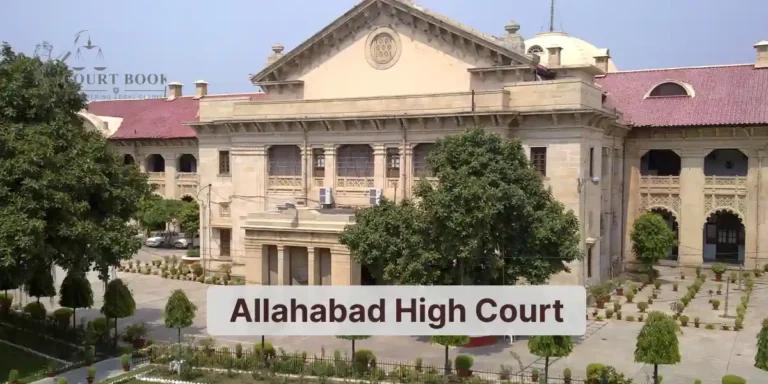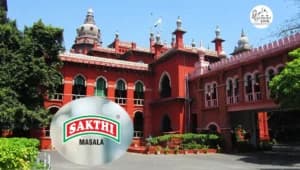In a significant ruling, the Allahabad High Court recently upheld the conviction of seven individuals, including a father who brutally murdered his own daughter and her lover in 2006 due to disapproval of their relationship. The judgment reflects the gravity of ‘honor’ killings and how motive plays a crucial role in such heinous crimes.
The case was heard by a division bench comprising Justice Siddharth and Justice Praveen Kumar Giri, who delivered a detailed 24-page judgment affirming the findings of the trial court.
"It is established law that a man can tell a lie but circumstances cannot."
— Allahabad High Court
Background of the Case
The gruesome double murder dates back to February 5, 2006, when Sharafat, the brother of informant Raees Ahmad, and Soni, daughter of the prime accused Ibrahim, were killed. The killings were reportedly driven by the accused's anger over their relationship, which they considered dishonorable.
An FIR was registered at the instance of Raees Ahmad, naming Ibrahim, his six sons, and two others as accused. Charges were initially framed under Sections 147, 149, and 302 of the Indian Penal Code (IPC). Later, an additional charge under Section 504 IPC was introduced during the trial.
However, this led to complications as the trial court allowed a fresh de novo trial even after recording the main examination and cross-examination of the key witnesses.
Read also: Writ Court Can Examine De Facto Possession Of Surplus Land If Facts Are Clear: Allahabad High Court
A dramatic shift occurred after the amendment of charges. Informant Raees Ahmad (PW-1), Anwar (PW-2), and others turned hostile, retracting their earlier statements. They now claimed that the murders were committed by unknown miscreants, not the accused.
Other prosecution witnesses like Jiju (PW-6), Liaqat Ali (PW-7), and Yamin (PW-8) also adopted similar versions, blaming 13–14 unknown persons for the killings.
Despite these retractions, the trial court relied on circumstantial evidence and convicted the accused. This conviction was subsequently challenged before the High Court.
Counsels for the accused argued that:
- No witness directly implicated the accused.
- All material witnesses had turned hostile.
- The case was based on incomplete circumstantial evidence.
The Additional Government Advocate (AGA) countered these claims, pointing to strong motive and supporting facts. It was submitted that the case was a clear instance of honor killing, and the accused had strong personal reasons to eliminate both victims.
“The accused felt dishonoured because of the love affair of their daughter/sister with Sharafat and, therefore, they killed both of them.”
— High Court Bench
The Court was critical of the de novo trial ordered by the trial court after adding new charges. It ruled that once the examination-in-chief and cross-examination of witnesses are complete, a fresh trial should not be allowed just to give witnesses an opportunity to change their stance.
"In such circumstances, the Trial Court should permit the witnesses to depose only with respect to the altered charges."
— Bench
The High Court further observed:
- The original testimonies did indicate a clear motive.
- Even hostile witnesses didn’t deny the murders occurred.
- No motive was attributed to the so-called “unknown miscreants.”
The Court emphasized that the chain of circumstances leading to the incident was intact and established a strong motive for the crime.
The High Court dismissed the appeals and confirmed the convictions under Sections 147, 302/149 IPC. It held that the circumstantial evidence and motive were sufficient to uphold the verdict.
Regarding the custody status:
- Ibrahim, Kayoom, and Farukh, who were out on bail, were directed to be taken into custody immediately.
- Sannuar, Shaukeen, Mussarat, and Ayub, already in jail, required no further directions.
“Continuance of the proceedings will be an abuse of the process of court.”
— On the issue of de novo trial
Apperances
Counsel for Appellant: Amit Daga, Yogesh Srivastava, Ajay Kumar Mishra, Arun Srivastava, Kandarp Srivastava, Avnish Kumar Srivastava, Sunil Kumar Yadav, VP Srivastava
Counsel for Respondent: AGA Prem Shankar Prasad
Case title - Ibrahim vs. State of U.P along with connected appeals 2025















